Faculty
25 bios displayed.
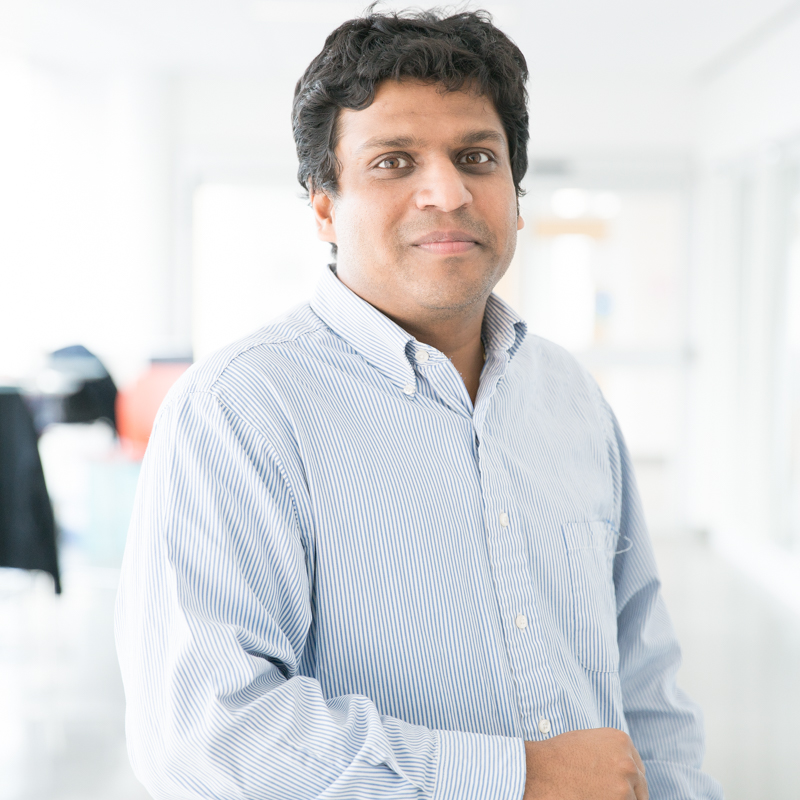
Yuvraj Agarwal's research interests are at the intersection of Systems and Networking and Embedded Systems, and I am particularly excited about research problems that benefit from using hardware insights to build more scalable and energy efficient systems.
Read full bio
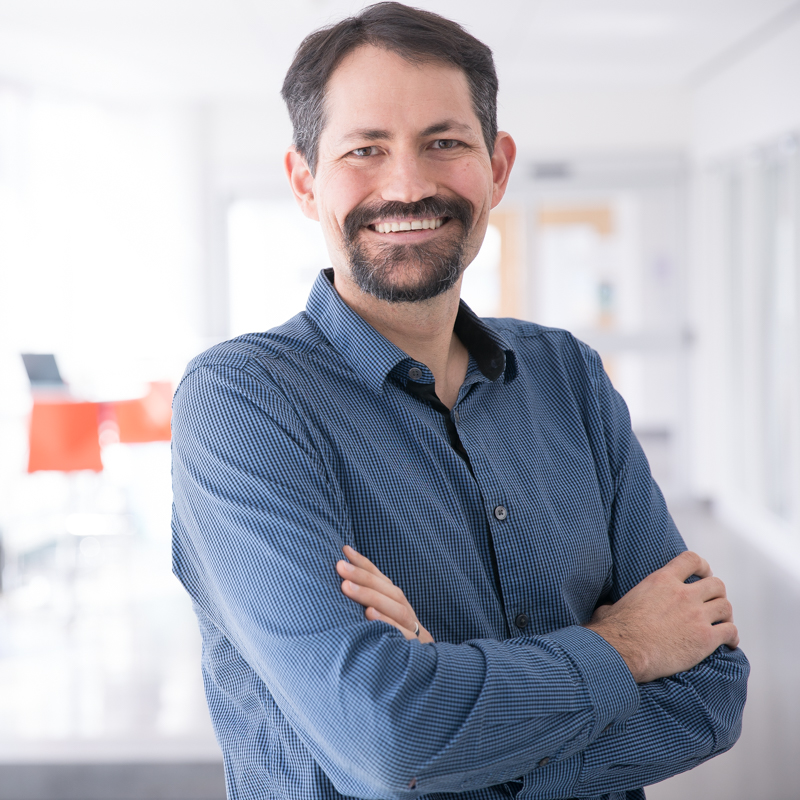
Jonathan Aldrich does research on programming language and type system design, and empirical studies of programming languages. With his students, Jonathan recently developed Plaid, a programming language in which objects can change their interface, representation, and behavior via a novel state transition language construct.
Read full bio
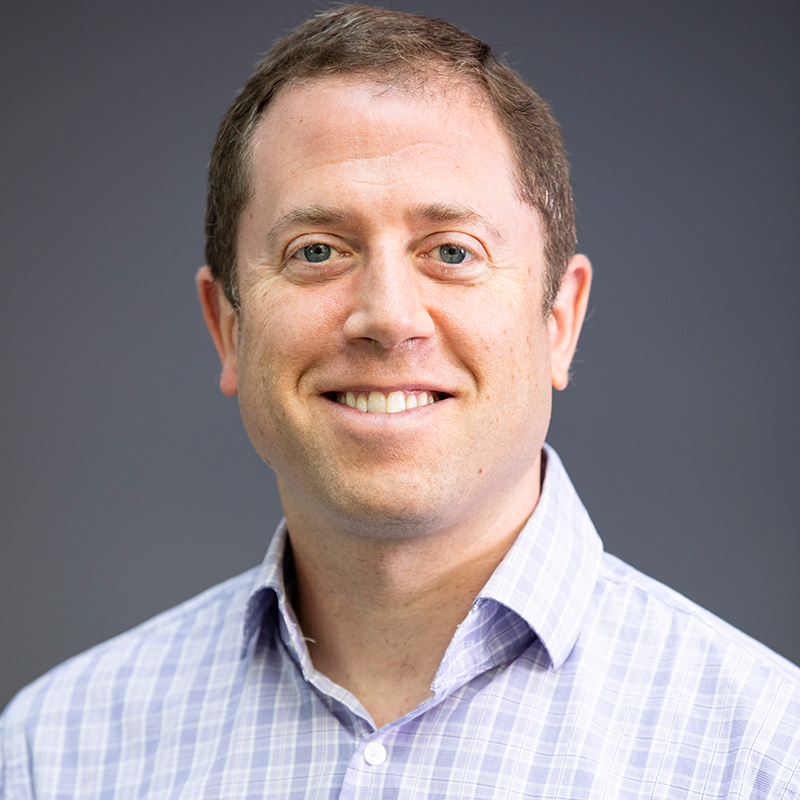
Andrew Begel's research looks at how technology and AI can play a role in extending the capabilities and enhance the quality of life for people with disabilities.
Read full bio
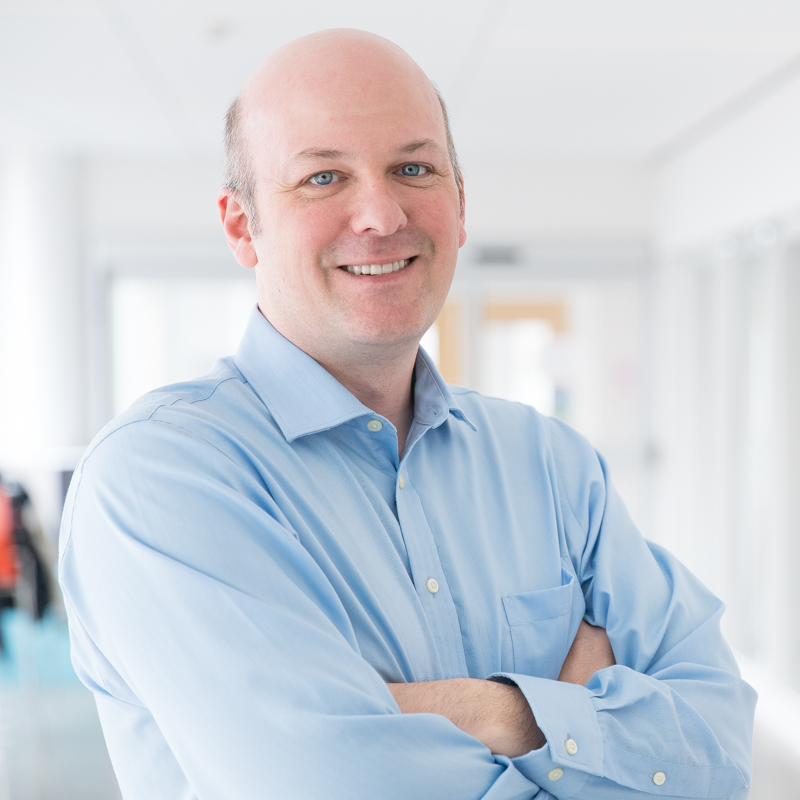
Travis Breaux conducts research in requirements engineering, which aims to translate often ambiguous and conflicting user needs into executable software specifications through the use of natural language semantic analysis and formal notations. Prior work focuses on extracting predictable, analytical models from laws, regulations and policies to help software developers evaluate their system against a set of rules or norms.
Read full bio

Lorrie Cranor is a Professor of Computer Science and of Engineering and Public Policy. She directs CyLab as well as it's Usable Privacy and Security Laboratory, and her research combines three high-level strategies to make secure systems more usable: building systems that "just work" without involving humans in security-critical functions; making secure systems intuitive and easy to use; and teaching humans how to perform security-critical tasks.
Read full bio

David Garlan does research in formal modeling, software architectures, and self-adaptive systems. In addition to Rainbow, he has recently spearheaded a new research area of end-user architecting that aims to use formal software architecture techniques to provide support to end-users to compose and reason about software compositions that are used in their everyday professional activities.
Read full bio
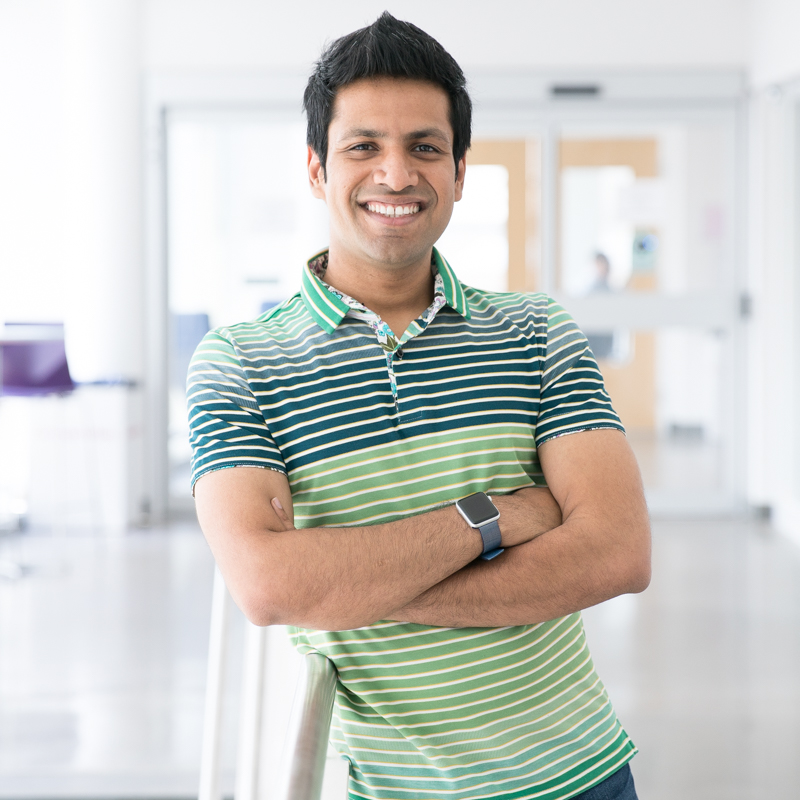
Mayank Goel's research focuses on designing, implementing, and testing new sensing systems using sensors and devices that are already present in the environment.
Read full bio

Jim Herbsleb's interests lie primarily in the intersection of software engineering, computer-supported cooperative work, and socio-technical systems, focusing on such areas as geographically distributed development teams and large-scale open source development.
Read full bio

Hanan Hibshi’s research interests include usable security and privacy, cybersecurity education, security requirements, mobile and IoT Security, expert’s decision-making, and ML and AI for security and privacy.
Read full bio
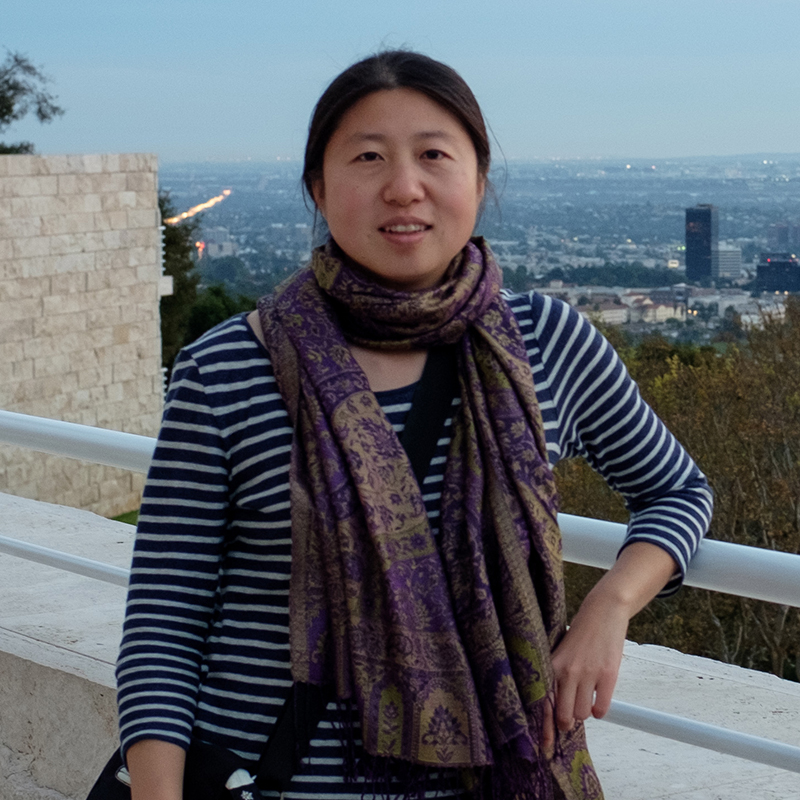
Limin Jia is interested in applying formal techniques to make software systems more secure, either through using language-based techniques to build provably secure software systems, or using formal logic to verify the security properties of (distributed) software systems, or developing formalisms to reason about security and privacy guarantees of software systems in the presence of adversaries.
Read full bio
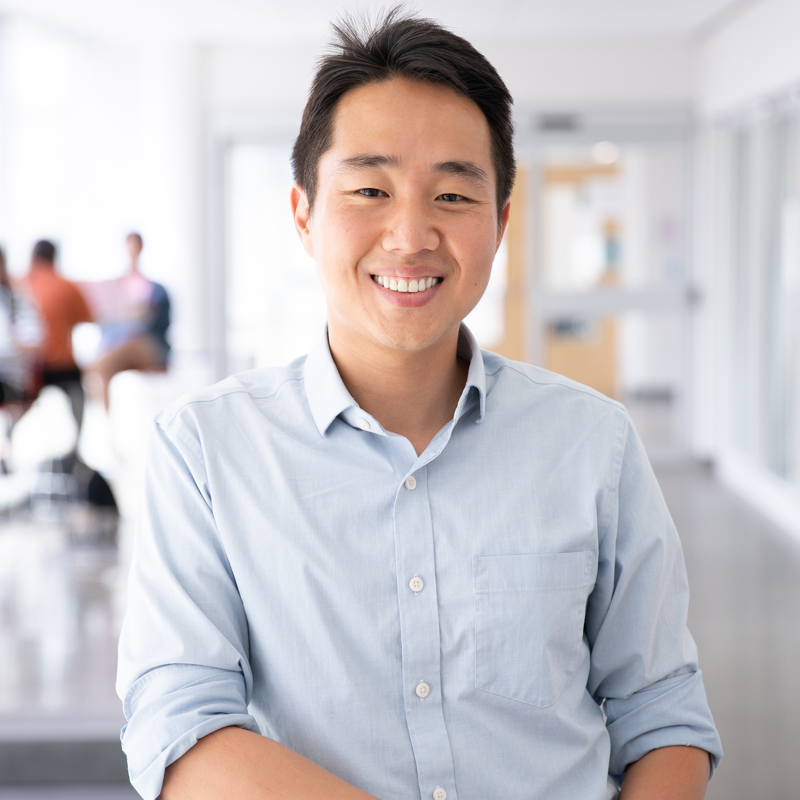
Eunsuk Kang is interested in finding better ways to design software systems that are safe, secure, and reliable to use. He is especially interested in leveraging rigorous modeling and analysis techniques to detect and address potential flaws in early development stages.
Read full bio
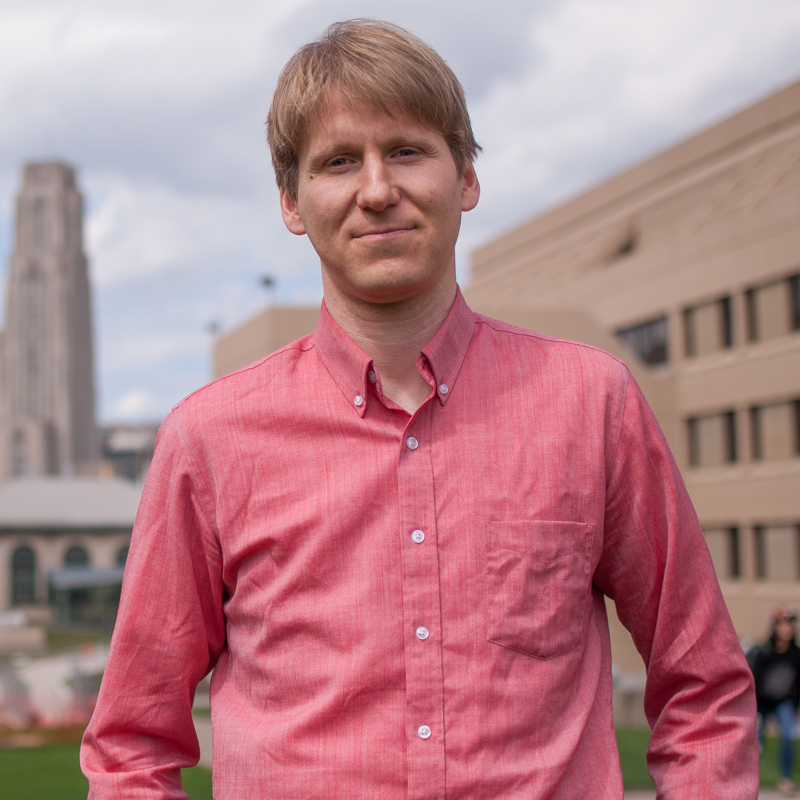
Christian Kästner does research in controlling the complexity caused by variability in software systems, from providing tool support to static analysis and testing. Among others he developed an infrastructure to parse and type check all 210000 compile-time configurations of the Linux kernel.
Read full bio
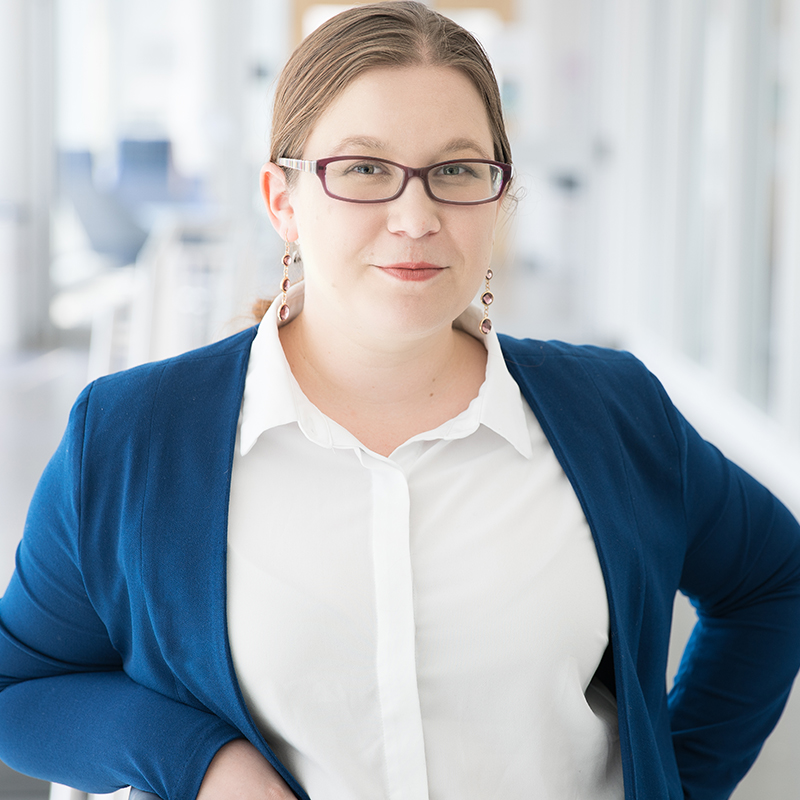
Claire Le Goues researches ways to automatically assure and improve the quality of large, real-world, evolving software systems; she uses applied program analysis to, e.g., keep autonomous systems running correctly, automatically repair bugs in programs, and help developers reason about the correctness of their code.
Read full bio
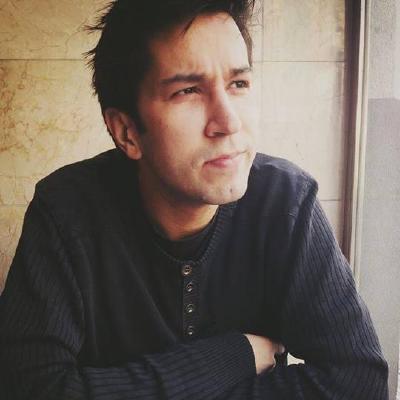
Ruben Martins is a Systems Scientist at Carnegie Mellon University. His interests lie in the intersection of constraint programming with program synthesis, analysis, and verification.
Read full bio
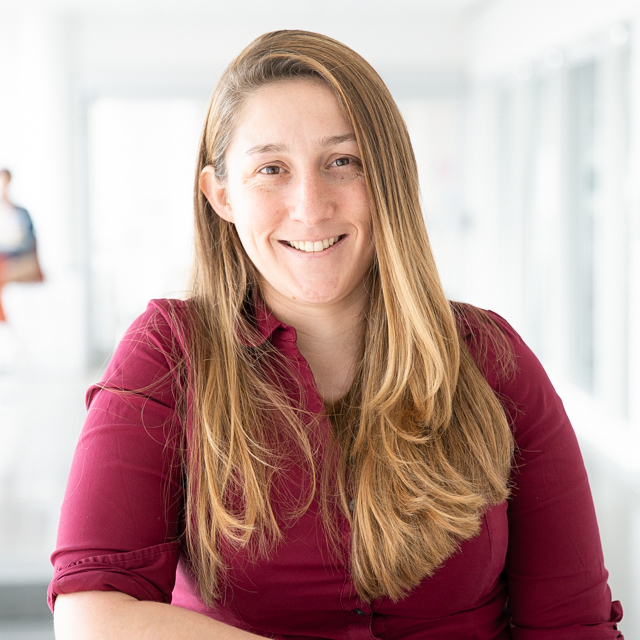
Heather Miller is interested in various flavors of distributed and concurrent computation, often from the perspective of programming languages: data-centric, data-intensive (big data), and eventually-consistent (edge computing). A major recurring theme in her work is composability. She seeks to enable the construction of complex distributed systems via the composition of well-understood components that are correct by construction.
Read full bio
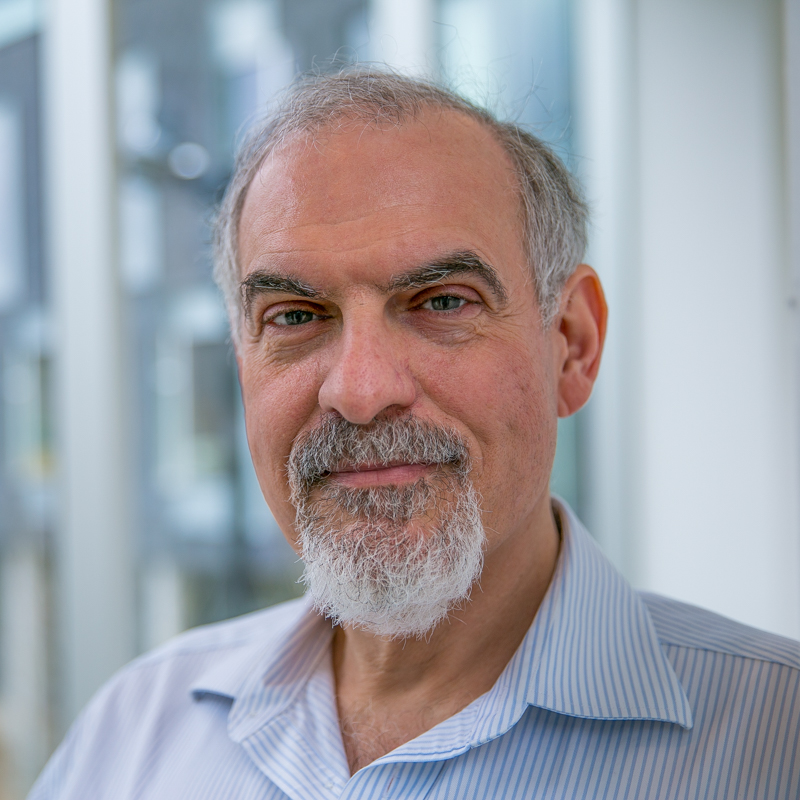
Brad A. Myers does research at the intersection of software engineering and human-computer interaction (HCI). One of his current projects focuses on supporting exploratory programming which has developed a mechanism for selective undo, which will be adapted for this summer's project. Dr. Myers has a long history of successfully working with undergraduates on projects, including many who have been co-authors on award-winning papers.
Read full bio
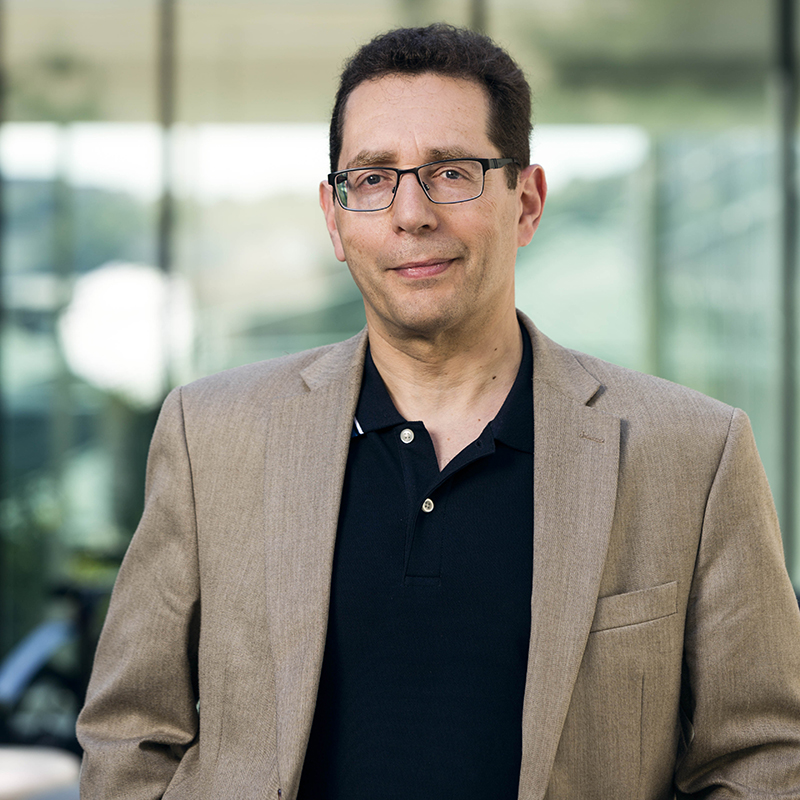
Over the past dozen years, Norman’s primary research focus has been in the area of mobile and pervasive computing, cybersecurity, online privacy, user-oriented machine learning, and semantic web technologies with a particular focus on mobile and social networking.
Read full bio
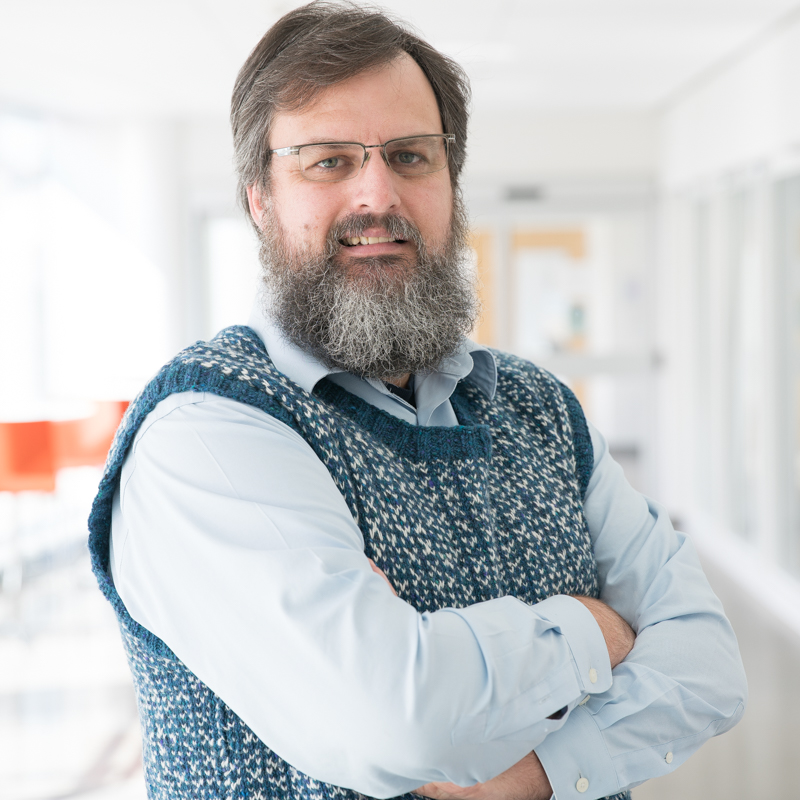
Bradley Schmerl does research in software architectures and self-adaptive systems. With the ABLE research group, he has developed a system called Rainbow for adapting systems at run-time in the face of multiple concurrent quality concerns.
Read full bio

Justine Sherry is a computer scientist interested in everything networked: from protocols and applications to the hardware that carries our data across the Internet. Her goal is to make networks faster, more reliable, more secure, and lately, more fair and equitable.
Read full bio

Josh Sunshine has broad research interests at the intersection of programming languages and software engineering. He is particularly interested in better understanding of the factors that influence the usability of reusable software components.
Read full bio
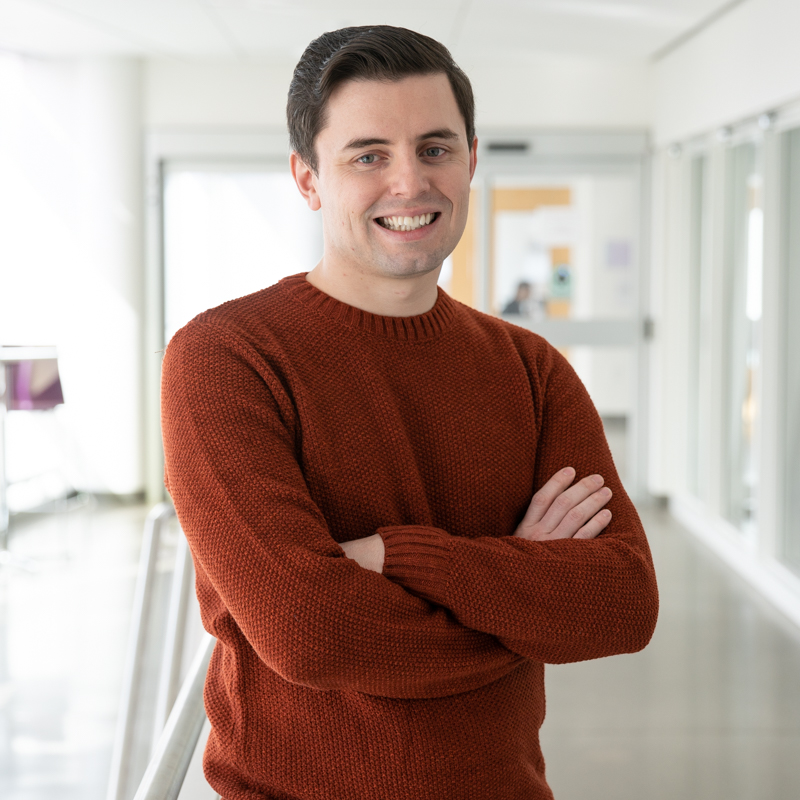
Christopher Timperley is a Systems Scientist in the Software and Societal Systems Department at Carnegie Mellon University.
Read full bio
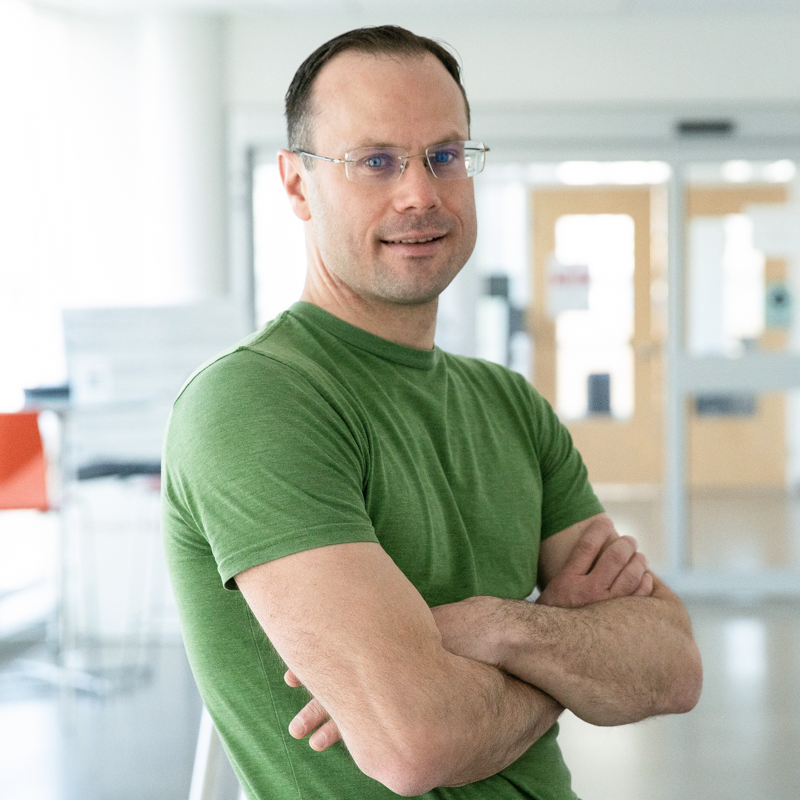
Ben Titzer is a Principal Researcher in the Software and Societal Systems Department since January 2022. His research focuses on systems; systems programming languages, compilers, virtual machines, and managed runtime systems, as well as the higher-level systems that they support.
Read full bio
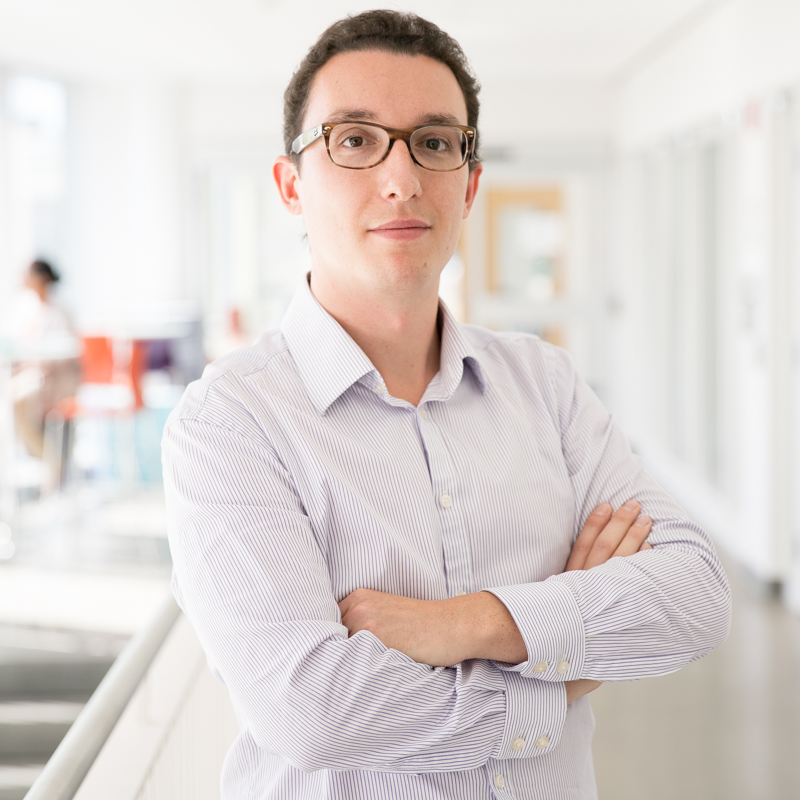
Bogdan Vasilescu does research at the intersection of software engineering, social computing, and computer-supported cooperative work. Drawing from social coding platforms like GitHub, his work employs data-driven research methods to study composition and efficiency in distributed development environments.
Read full bio
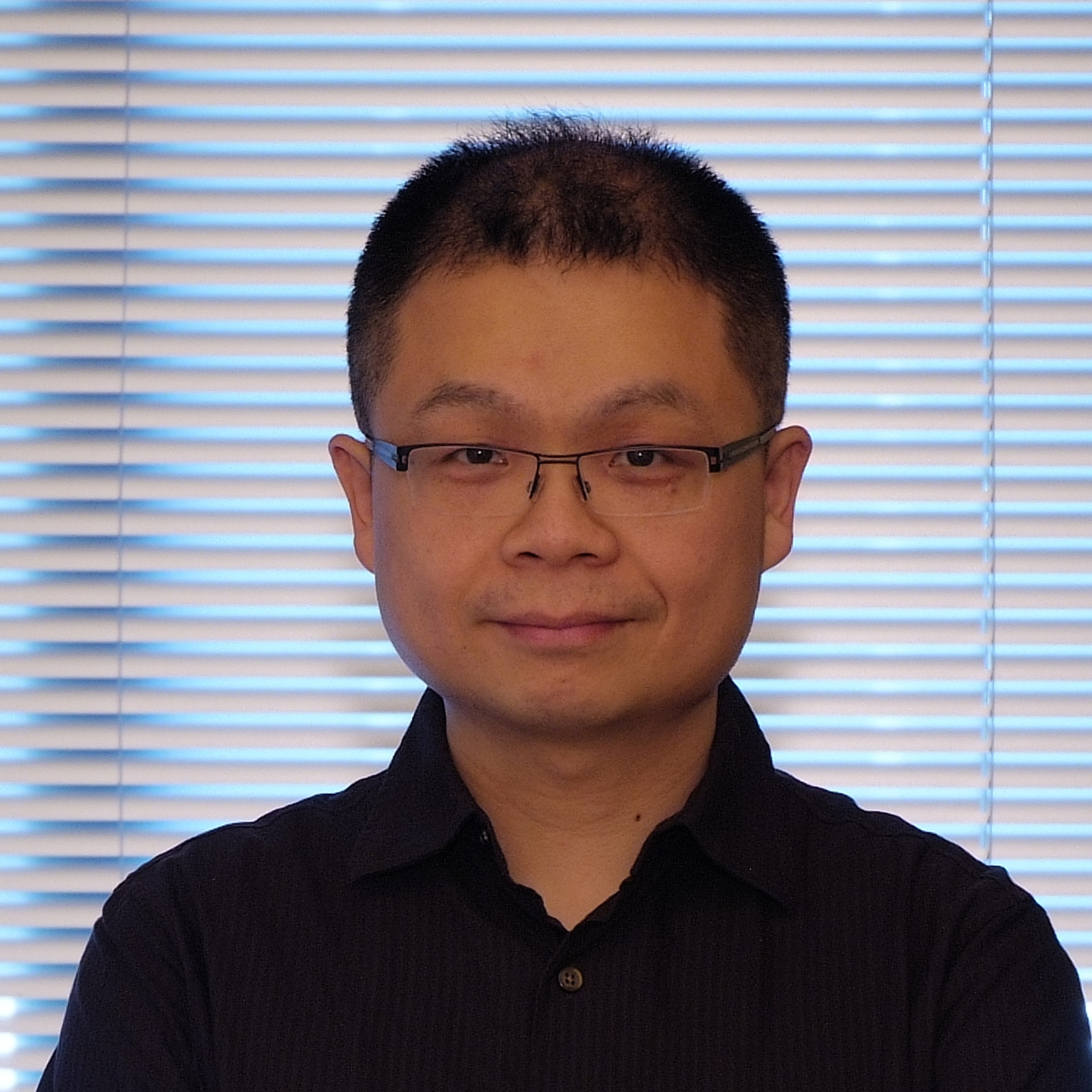
Maverick Woo's current research interests include software security and program analysis, with a focus on algorithm design and budget optimization.
Read full bio
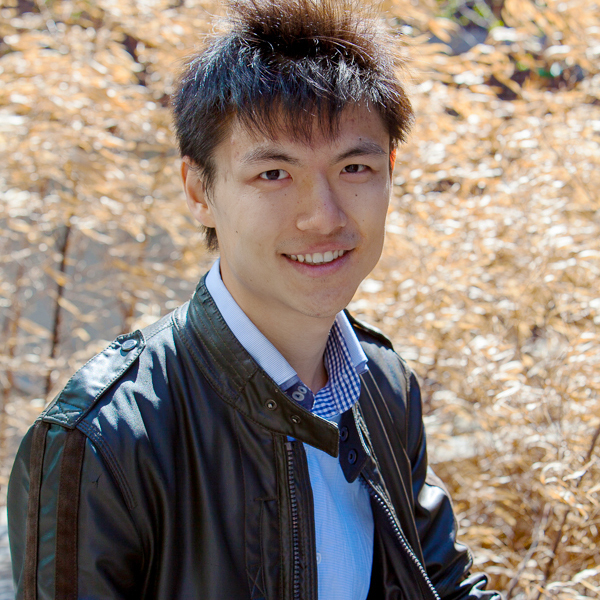
I work on algorithms and machine learning. My recent work focuses on (1) how to make machine learning better aligned with societal values, especially privacy and fairness, and (2) how to make machine learning more reliable and robust when algorithms interact with social and economic dynamics. I study these questions using methods and models from learning theory, optimization, statistics, differential privacy, game theory, and mechanism design, and human-computer interaction.
Read full bio
Load more















